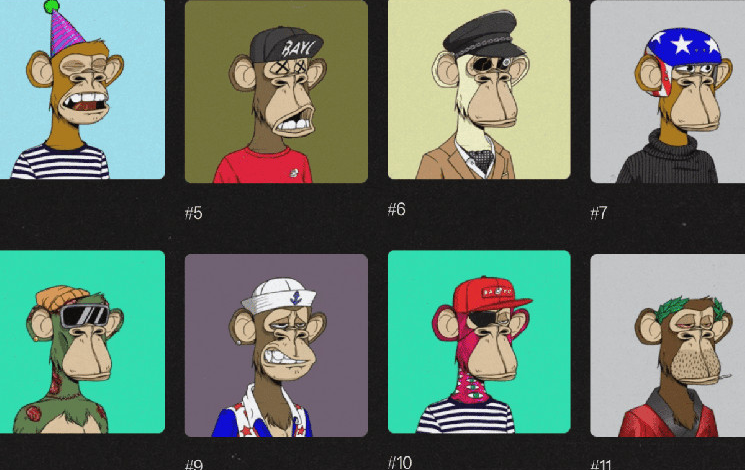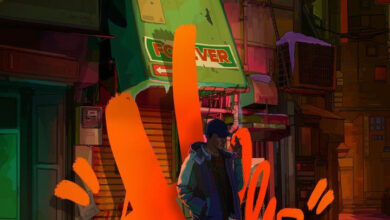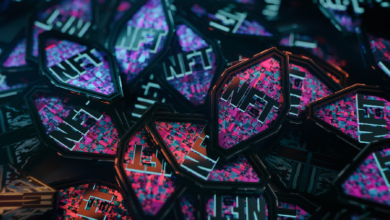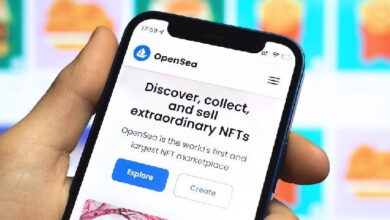Bored Apes and Yuga Ethereum NFTs Experience Value Decline Despite Market Surge – Here’s the Latest

Bored Ape Yacht Club (BAYC) NFTs were once the hottest bit of digital property on Ethereum’s NFT market but now Yuga Labs’s signature collection and other affiliated NFTs are posting new lows.
The current floor price for BAYC, which indicates the lowest one can purchase it for, is around 13 ETH, or $51,000. The last time it was this low was August 18, 2021, when it traded for 13.65 ETH, according to data by CoinGecko.
That means today BAYC is a staggering 91.3% off its all-time high floor price of 153.7 ETH posted on May 1, 2022.
Similarly, Yuga Labs’ spin-off collection Mutant Ape Yacht Club (MAYC) is currently posting an all-time low floor price of 2.18 ETH.
Another BAYC-themed collection, Otherdeeds, are trading at an all-time low floor price of 0.19 ETH. Otherdeeds represent title deeds for sales of digital plots of land in the Bored Ape metaverse game Otherside.
When Otherdeeds launched in May 2022, it cost 305 ApeCoin to mint one. At the time, that was nearly $6,000. Granted, Ethereum has rallied 50% since then, but even factoring that in, Otherdeed’s floor price of today equals just $746.
Move Over Ethereum! Ordinals Are Racing Ahead
Ethereum NFTs like Bored Ape Yacht Club managed to monopolize the whole market during crypto’s 2021 bull run. That’s because virtually everything was on Ethereum.
We now have exciting alternative NFT markets on Solana and Cardano, but none of Ethereum’s NFT competitors outshine its oldest rival: Bitcoin.
The Ordinals protocol allows data to be inscribed on individual satoshis. Satoshis are the lowest units of Bitcoin, like cents to a dollar. This feature gives the network some added functionality and has allowed network users the facility to mint non-fungible and fungible tokens on Bitcoin and build dapps.
At the start of March 2024, Ordinals NFTs posted $168.5 million in sales over a period of seven days. They beat Ethereum NFTs, which posted $162 million over the same period.
Miners may also need to rely on Ordinals to cover a potential shortfall after Bitcoin’s halving on April 19, the date when their block rewards get cut in half.
Bitcoin rewards will continue to halve every four years, so miners will need to generate revenue from Ordinals transaction fees. Ordinals activity currently accounts for about 20% of miners’ revenue.





